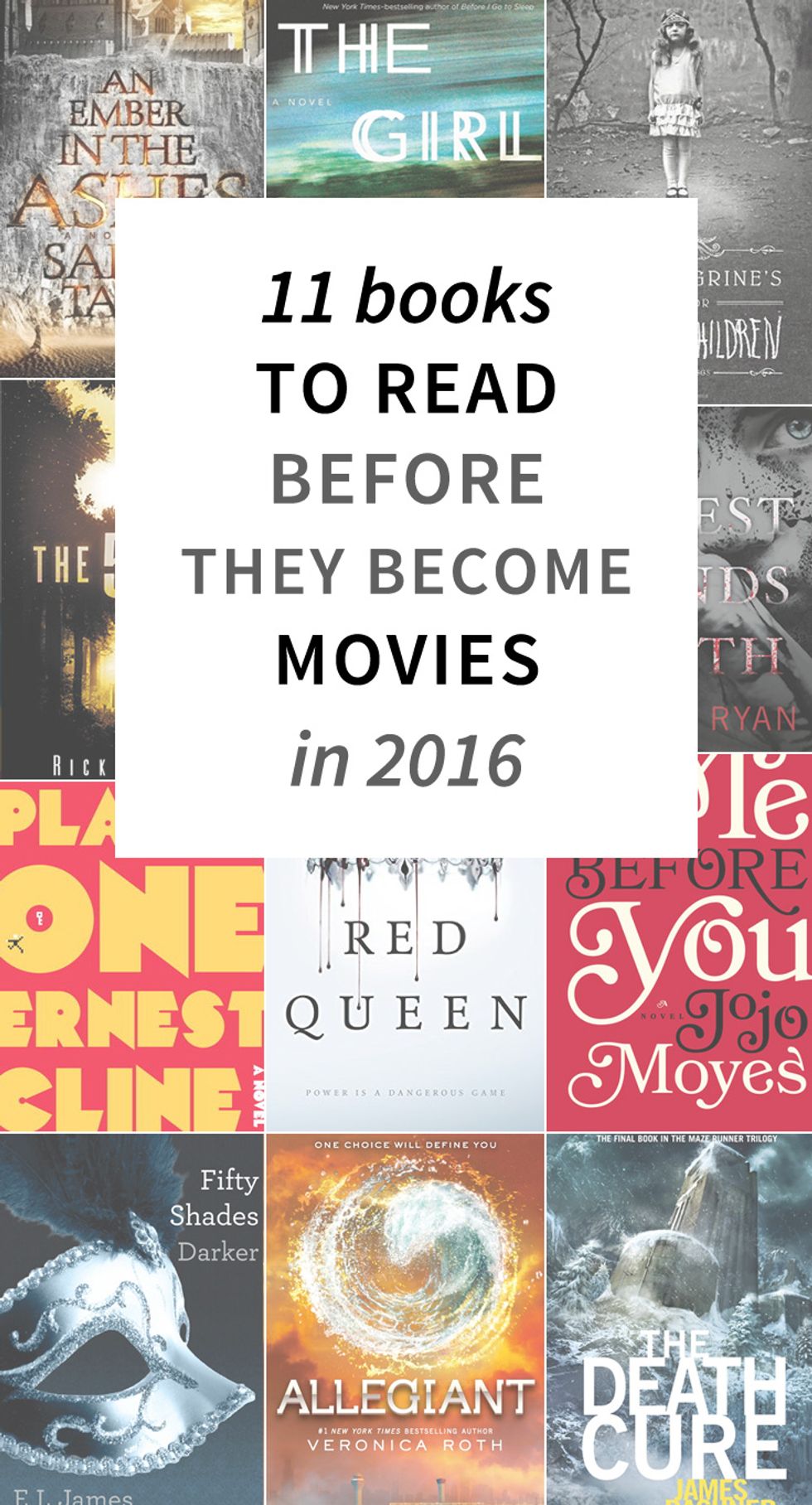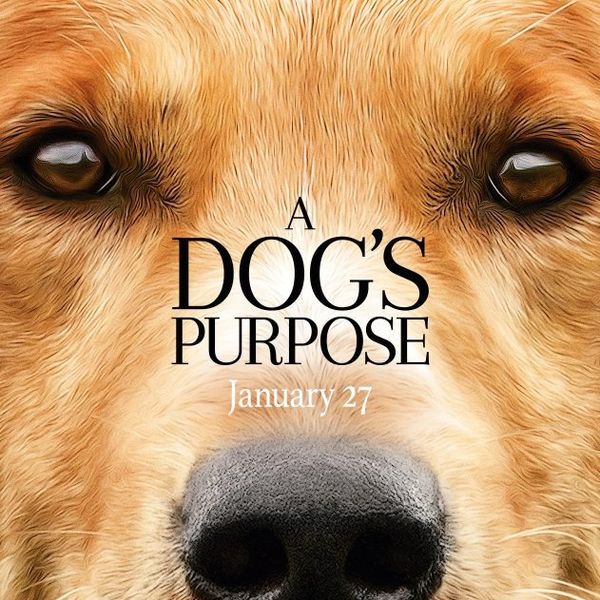We love books. We love movies. We get excited when they announce that our favorite books are being adapted into movies. We get tickets for the opening night of the movie and then we come out of the theater disappointed. The movies always seem to fail to live up to the expectations we have for them and yet we repeat this vicious cycle over and over again, which according to Einstein is the definition of insanity.
So maybe we are just insane, hoping for once they will do the book justice, but maybe this isn’t the only reason we are insane. For years, I was part of this insanity and was continuously let down by the parts they left out, the characters they dropped, their “wrong” choice in actors, etc. Interestingly enough, it wasn’t until I dropped all expectations that the movie would be like the book that I found that I could enjoy both of them. Does this mean that I love all movie adaptations no matter what? No, that would be a whole other form of insanity. Instead, when I see an adaptation I go in seeing them as completely different things, which funny enough…they are.
Wait, you mean books and movies are inherently different? Duh! So why do we expect them to be the same thing? They can’t possibly be the same thing. True they tell similar stories but there are inherent differences and limitations for each. (Gasp! Yes, books have limitations too!) By putting our expectations in check and we may be able to enjoy both. And maybe, just maybe, we can come away from this being able to have an actual intelligent conversation the next time we talk with our friends about the most recently released movie adaptation. (Yes, I am implying that the phrase, “The movie was completely different from the book!” does not qualify as an intellectual comparison!)
About the only thing that books and movies have in common is their ability to tell a narrative. (I know this is ground breaking information). Does a book have the ability to show us multiple things at once, like a scene in a movie? Does a movie have the time to show all the information we are given in the book? (I guess at this point I should mention the only exception to this that I am aware of. “The Hobbit” producers took a 300-page book and turned it into three, three hour long movies. Am I the only one who thought it dragged on and on and on and…OK, you get the point? So if any movie was long enough to give us all the information from the book it was “The Hobbit Trilogy” and yet they didn’t.)
Instead of looking at them as being the same thing, it might be more beneficial to think of them as different perspectives of the same story. For example, if Joe Shmow and I witness the same events, we may tell the same basic story, but at the same time, our retellings will be vastly different. Does that mean one of us is wrong? No! It means that we have different perspectives. Different things stick out to us or seem more important. Something I may say, may not be mentioned at all by Joe Shmow, and he may spend a long time detailing something that I only make a short comment about. The funny thing is we recognize and are OK when this happens in real life, but heaven forbid if a movie’s interpretation of a story is different!
We can enjoy both ways of presenting a story that we love. They don’t need to be exactly the same and indeed, they can’t be. Stop complaining about all the parts film producers “ruin” when it doesn’t meet the unrealistic expectations that you have created in your imagination. Stop the insanity of expecting a perfect representation of the book, and you will find that you can enjoy both the book and the movie.


















